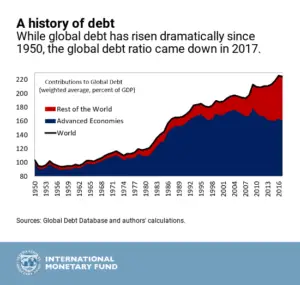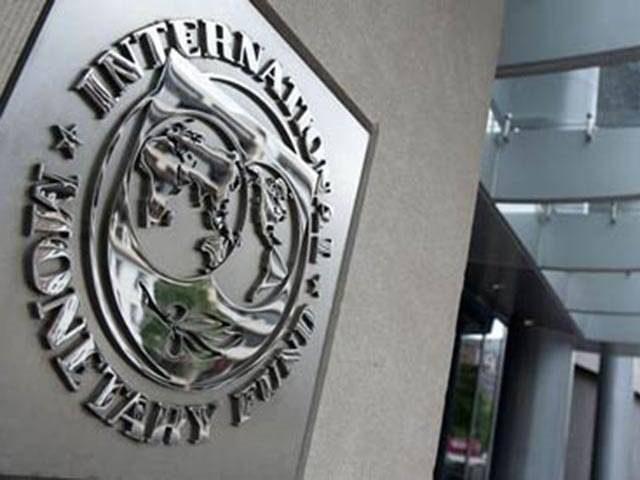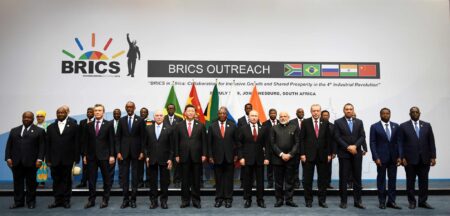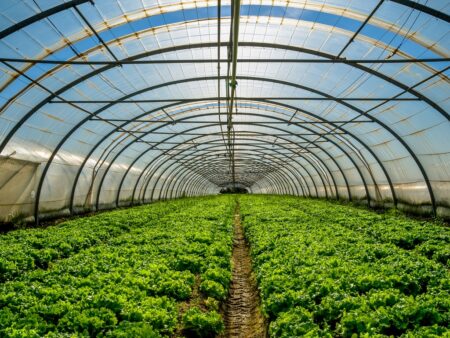The global public debt will record a high of 100 per cent to GDP in 2020 according to the International Monetary Fund (IMF) Managing Director Kristalina Georgieva.
Kristalina Georgieva was speaking during a virtual press conference entitled “Overcoming the Crisis and Building a More Resilient Economy.”
“The picture today is less dire, as we now estimate that developments in the second and third quarters (Q2 and Q3) were somewhat better than expected, allowing for a small upward revision to our global forecast for 2020. We continue to project a partial and uneven recovery in 2021. (https://www.propertyspecialistsinc.com) We expect global output to remain well below our pre-pandemic projections over the medium term. For almost all countries, this will be a setback to the improvement of living standards.” She said
She added that now the projections are less dire as central banks and fiscal measures have given a powerful injection of liquidity in a synchronised manner. She also said that there has been a positive effect of projections as the world has now learned how to function relatively smoothly, despite the ongoing presence of COVID-19.

She also said that the global economy is reviving back from the depths of the crisis despite it being far from over. All countries are now facing “ what I would call ‘The Long Ascent’, a difficult climb that will be long, uneven, and uncertain, as well as prone to setbacks.” She said
The IMF head said that the future is clouded with extraordinary uncertainty, with faster progress on health measures, such as vaccines and therapies which could speed up the “ascent” or it could get worse especially if there is a significant increase in severe outbreaks worldwide.
Many countries have additionally become more vulnerable through possessing increased debt levels mostly because of fiscal response to the crisis and the heavy output and revenue losses she said.
She revealed that the IMF has provided financing of over $280 billion in lending commitments at unprecedented speed and scale to 81 countries in order to deal with the crisis.
“We cannot afford simply to rebuild the old economy, with its low growth, low productivity, high inequality, and worsening climate crisis,” Georgieva said. “That is why we need fundamental reforms to build a more resilient economy, one that is greener, smarter, more inclusive and more dynamic. This is where we need to direct the massive investments that will be required for a strong and sustainable recovery.”











